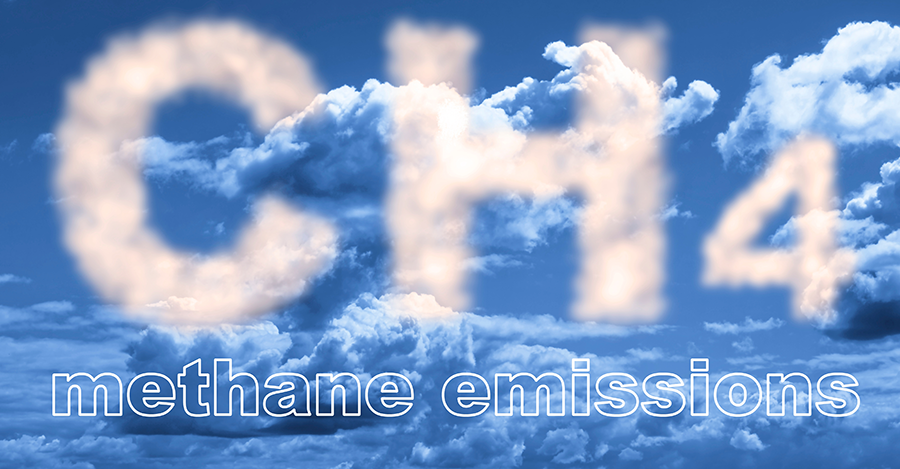Methane and How it Contributes to Climate Change

Methane is a powerful greenhouse gas that is primarily composed of carbon and hydrogen atoms. It is colorless and odorless, and is produced through natural and human activities, such as livestock digestion, oil and gas production, and landfills.
Methane is a major contributor to climate change. Although it makes up a smaller proportion of atmospheric gases than carbon dioxide, in the short run it traps more heat in the atmosphere. In fact, according to a Stanford University study, over a 20-year period, methane gas is estimated to have a global warming potential that is 84 times greater than equivalent amounts of carbon dioxide.
Methane contributes to climate change through a process called radiative forcing. Radiative forcing occurs when gases like methane trap heat in the atmosphere, causing the planet to warm up. As the planet warms, it can lead to a range of negative impacts on the environment, including more frequent and severe weather events like heat waves, droughts, and floods.
One of the largest sources of methane emissions is from livestock. Methane is produced during the digestion process of cows, sheep, and other ruminant animals. In addition, manure management also releases methane into the atmosphere.
Another major source of methane emissions is from the use of fossil fuels, such as natural gas and oil. Methane is released during the extraction, processing, and transportation of these fuels, and leaks from pipelines and other infrastructure also contribute to emissions.
Reducing methane emissions is an important step in mitigating the impacts of climate change. Strategies for reducing methane emissions include improving livestock management practices, such as reducing herd sizes and implementing alternative manure management strategies, and reducing methane emissions from fossil fuel production by using more efficient technology and reducing leaks from infrastructure.
Taking action to reduce methane emissions is critical in addressing the challenges of climate change and ensuring a sustainable future for ourselves and future generations.



